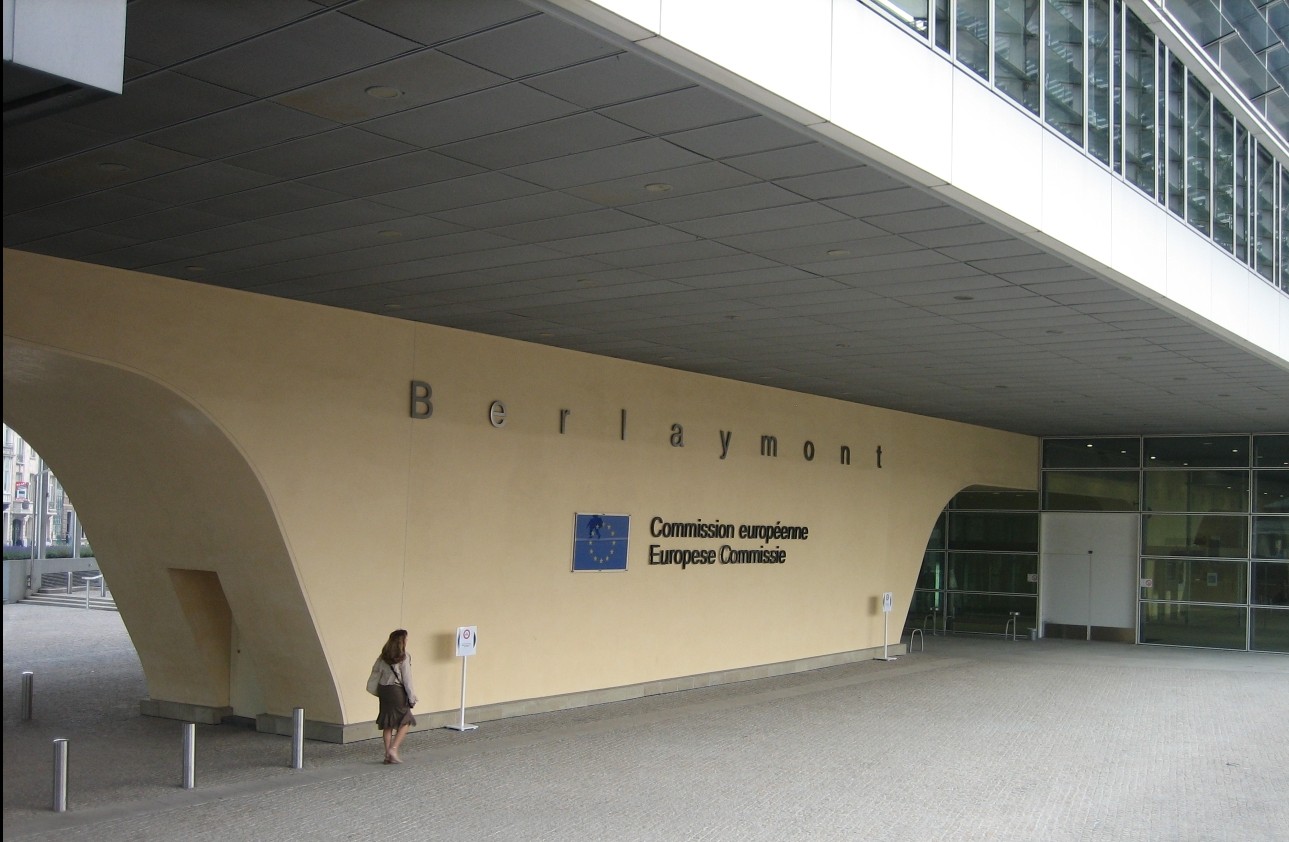Teachers’ views on the New Skills Agenda for Europe
Published:
Following preliminary consultation of the European Commission with various social partner organisations on “A New Skills Agenda for Europe”, an initiative to be launched in May 2016, ETUCE published the views of the professionals of the education sector. The views of the teacher unions are additional to the position of European Trade Union Confederation (ETUC).
Teachers and trainers have enormous impact on skills development of all learners in Europe. However, ETUCE surveys proved that there is a destructive effect of the crisis on the teachers’ personal and professional well-being, concerning their salary, working conditions, initial education and continuous professional development. Therefore, teacher unions ask for the new Commission’s initiative to propose solutions on how to lift barriers that stand in the way of quality teaching in order to improve the work of teachers and trainers in Europe for better skills development.
The Commission should consider including in its new initiative the achievements of ET2020, including its focus on the Paris Declaration. Furthermore, it should focus not only on skills but also on all the elements of education leading to qualifications, such as knowledge, skills, competences, attitude and behaviour. The education sector is an important area in promoting active citizenship and common values on freedom, tolerance and non-discrimination, which are essential also to prepare learners to an inclusive labour market.
General education should provide the full basis of knowledge, skills and competences which should be further improved during life in and beyond the labour market. Designing national curricula is the national governments’ responsibility in cooperation with teacher unions and creating school curricula is a part of teachers’ job. This is why we do not support the Commission’s idea of education and business partnership and that employers/businesses should design curricula.
Teachers are concerned that more influence of businesses in education would affect the autonomy of schools and teachers and would impact negatively on sufficient, predictable and sustainable investment in the sector. Involvement of businesses in education should not lead in any way to privatisation and/or commercialisation of education services. Thus, we ask the European Union institutions to continue advocating for sustainable public support for public education.
Finally, the Commission proposes “performance-based funding in VET” as a suggestion to improve quality of provision of VET. In our views, performance-based funding to initial public VET schools may create unequal funding to schools and inequality among the students and schools. VET financing strategies should not be based on a wrong, e.g. on a one-size-fits-all and penalising approach. There are several negative examples of funding of schools and universities based on badly established indicators, which, instead of improving, had a negative impact on the achievement of students and teaching.
Performance-based funding systems rarely take into account the different micro-economic environment of schools, such as the poverty rate, existing local industries, qualification levels of parents, the rate of low-skilled parents, the unemployment rate of parents, distance from and access to schools, etc., which also impact on the performance of students, thus, on the VET schools.
The Commission’s initiative, New Skills Agenda for Europe, is prepared by the Directorate-General Employment, Social Affairs and Inclusion. The Ministries of Education and of Employment are involved in the debate:
24 February 2016 – Education Council debate on preliminary ideas
7 March 2016 – Employment and Social Affairs Council debate
30-31 May 2016 - Education Council debate
16-17 June 2016 – Adoption by the Employment and Social Affairs Council